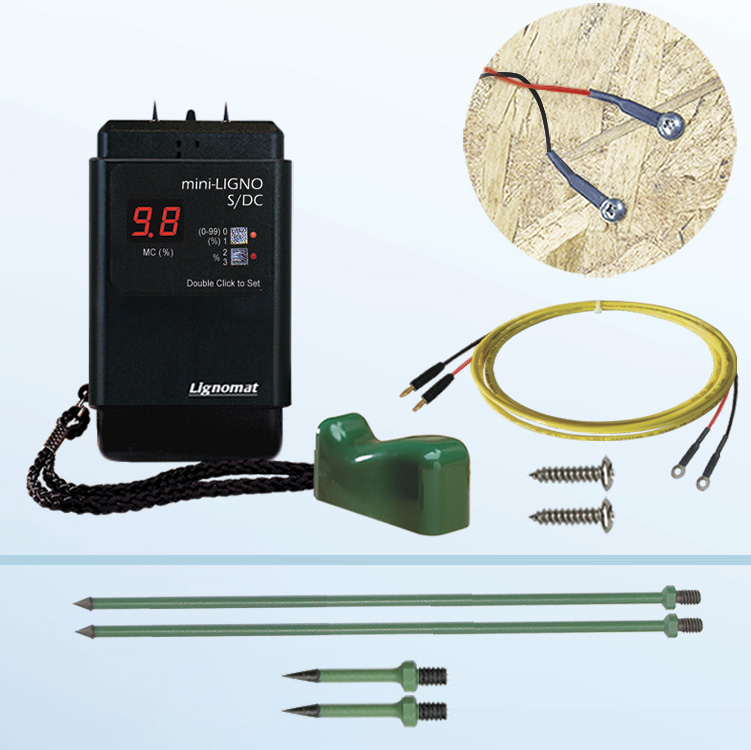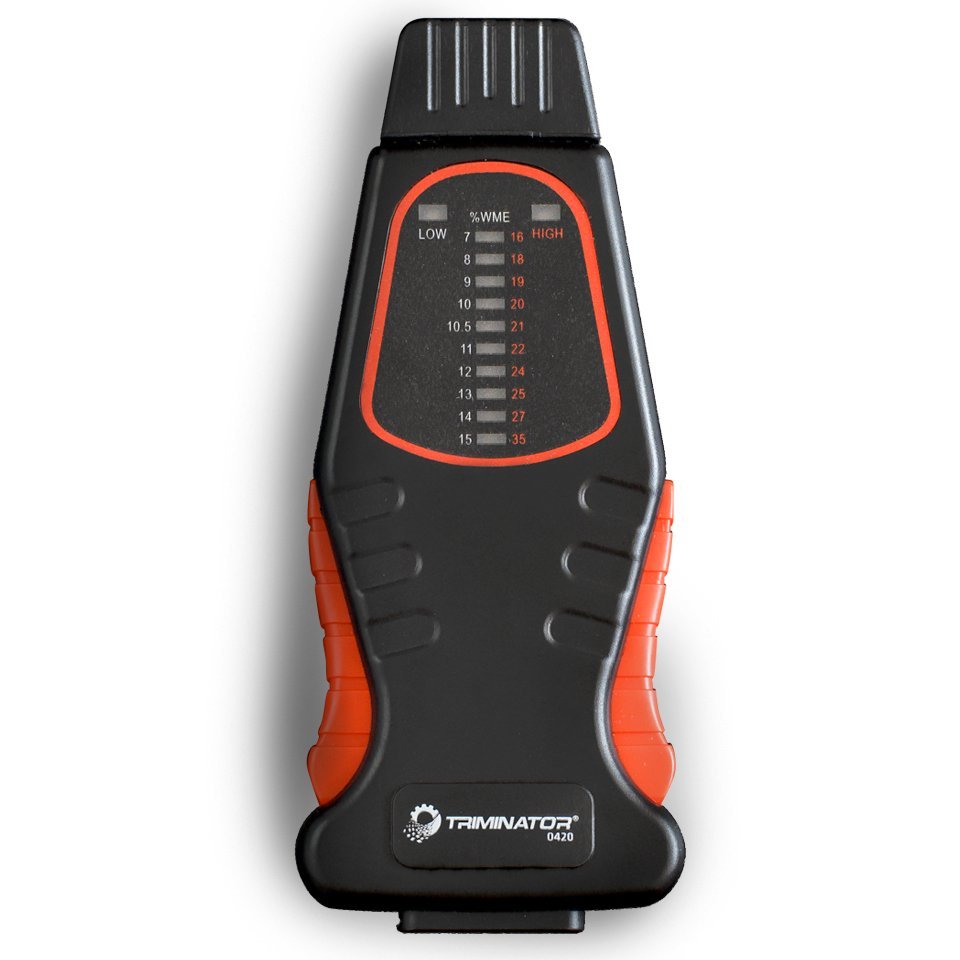Just How a Moisture Meter Can Help You Preserve Optimum Conditions in Your Home or Office
The Ultimate Guide to Dampness Meters: A Comprehensive Review and How They Can Save You Cash
Moisture meters offer as important devices in identifying and monitoring moisture content in materials, aiding in stopping costly problems and guaranteeing the top quality of items. Understanding the nuances of different types of moisture meters, their applications, and the potential cost-saving benefits they supply can be a game-changer for businesses and professionals alike.
Types of Wetness Meters
One typical type is the pin-type moisture meter, which gauges the electrical resistance in between two pins inserted right into a material. Pinless wetness meters, on the various other hand, use electromagnetic sensing unit plates to scan a bigger location without triggering damages to the material's surface area.

Infrared dampness meters measure the thermal residential properties of a material to identify its wetness content non-invasively, making them beneficial for applications where pin or pinless meters might not be suitable. Comprehending the various types of wetness meters readily available can help markets pick the most appropriate tool for their details wetness dimension needs.

Benefits of Making Use Of Moisture Meters
Wetness meters supply vital benefits in properly examining and checking wetness levels in diverse materials and environments. One of the primary advantages of utilizing dampness meters is the avoidance of potential damages created by excess wetness.
Additionally, making use of wetness meters can lead to raised energy performance. In farming setups, moisture meters play a critical function in maximizing plant returns by making it possible for farmers to check dirt wetness degrees and make informed irrigation choices.
Exactly How to Choose the Right Dampness Meter
Choosing the appropriate wetness meter includes considering essential elements such as material compatibility, dimension array, and calibration accuracy. When choosing a wetness meter, it's vital to guarantee that the meter is appropriate for the certain material you will be testing. Various materials have varying electrical buildings that can affect dampness analyses, so picking a meter designed for your material is essential for precise results. Furthermore, think about the dimension series of the dampness meter. Ensure that the meter can spot moisture levels within the variety required for your applications. Calibration accuracy is one more vital aspect to maintain in mind. Select a wetness meter with trusted calibration to make certain specific and regular analyses. Some meters may require periodic calibration changes, so recognizing the calibration procedure is essential. By very carefully examining these factors, you can choose a wetness meter that meets your needs and gives exact wetness measurements for your projects.
Correct Techniques for Dampness Meter Use

Cost Financial Savings With Dampness Meter Applications
Just how can the tactical application of wetness meters result in significant cost financial savings across various sectors? Dampness meters play an important role in price savings by preventing possible damage and guaranteeing top quality control in different industries. In the agriculture market, moisture meters help in determining the ideal time for collecting plants, stopping over-drying or excess moisture that can impact the end product's quality. This precise monitoring assists farmers stay clear of unnecessary losses and optimize their yield.
Likewise, in building, wetness meters help avoid expensive click for more problems by discovering dampness degrees in structure materials, such as timber or concrete, which can result in structural concerns if not attended to quickly. By determining problem locations early on, service providers can take corrective procedures to prevent extensive fixings or substitutes, ultimately saving money and time.
Furthermore, in the food handling industry, moisture meters are crucial for checking item quality and making sure compliance with security laws. By accurately determining dampness content in foodstuff, suppliers can stop perishing, preserve quality, and minimize waste, resulting in considerable price savings. Generally, the critical application of dampness meters is a beneficial financial investment that can lead to significant cost reductions and improved effectiveness across different markets.
Final Thought
In final thought, moisture meters are beneficial tools for measuring and identifying wetness degrees in various products. By using the right dampness meter and following appropriate strategies, users can successfully prevent pricey damages created by excess moisture.
Wetness meters serve as vital tools in spotting and monitoring moisture material in products, aiding in preventing pricey damages and making sure the quality of products. Infrared dampness meters measure the thermal properties of a material to determine its wetness material non-invasively, making them valuable for applications where pin or pinless meters may not be appropriate.Dampness meters provide very useful benefits in accurately analyzing and checking wetness levels in diverse products and environments. In agricultural settings, wetness meters play a critical role in optimizing crop yields by enabling farmers to monitor soil moisture levels and make informed irrigation decisions.In conclusion, moisture meters are important devices for discovering and determining wetness degrees in different materials.